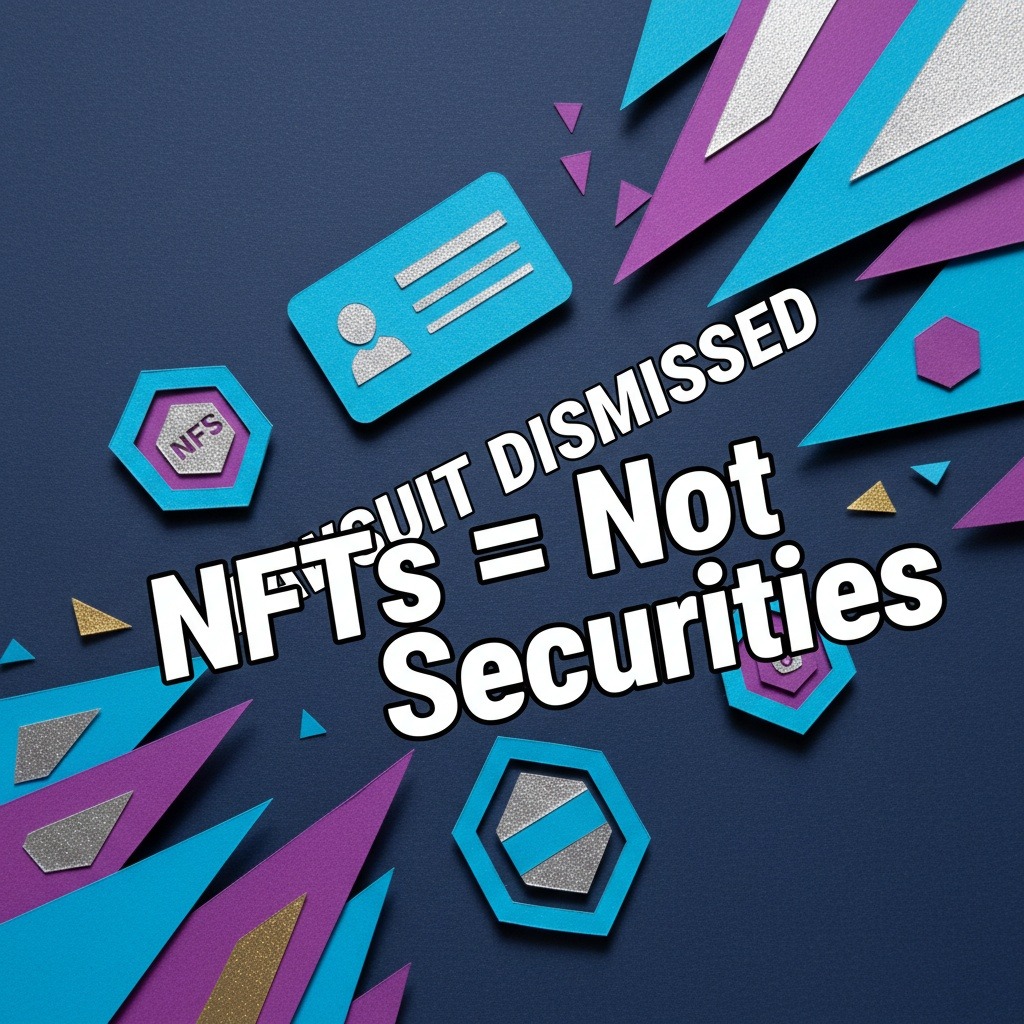A United States judge has formally dismissed a lawsuit filed by investors against Yuga Labs, the company behind the popular non-fungible token (NFT) collections such as Bored Ape Yacht Club (BAYC) and ApeCoin (APE). The ruling establishes that these NFTs do not fulfill the legal requirements to be classified as securities under the Howey test, which is utilized by the Securities and Exchange Commission (SEC) to define investment contracts.
Judge Fernando M. Olguin concluded that the plaintiffs in the 2022 lawsuit failed to demonstrate that Yuga Labs’ NFTs met the necessary criteria outlined in the Howey test. This legal framework assesses whether a transaction is considered an investment contract based on three essential conditions: the investment of money, a common enterprise, and the expectation of profits derived from the efforts of others.
According to Judge Olguin, Yuga Labs marketed its NFTs as digital collectibles offering not just ownership but also membership benefits to an exclusive club. This portrayal frames the tokens more as consumable products rather than traditional investment contracts. In his ruling, Olguin stated, “The fact that defendants promised that NFTs would confer future, as opposed to immediate, consumptive benefits does not alone transmute those benefits from consumptive to investment-like in nature.”
Further dissecting the plaintiffs’ claims, the judge pointed out that they failed to establish that the Bored Ape Yacht Club and other collections constitute a “common enterprise” where profit expectations are primarily based on the efforts of others. He emphasized that the NFTs in question are traded on public blockchain networks without creating a continuous financial relationship between purchasers and Yuga Labs.
Legal expert and Consensys attorney Bill Hughes noted on social media platform X that the fees paid by investors were separate from the market prices of the NFTs, highlighting that the payments did not establish a defined expectation of profit. Judge Olguin’s evaluation stressed that Yuga Labs had not made explicit profit promises to potential buyers throughout their marketing efforts or project roadmaps.
As Olguin articulated in his decision, “Statements about a product’s inherent or intrinsic value are not necessarily statements about profit.” He further clarified that references to potential NFT prices and trading volumes were ambiguous, ultimately falling short of creating a legitimate expectation of profit according to how the law defines such criteria.
This ruling is significant, not only for Yuga Labs but also within the broader dialogue concerning the regulation of digital assets. It reflects an ongoing scrutiny of NFTs and other cryptocurrencies, emphasizing that most digital assets do not fit the security classification set forth by established law.
The decision arrives amid a period marked by renewed interest in NFTs, as various industries, including nightlife and music, increasingly embrace blockchain technology. With growing adoption, maintaining a clear legal framework surrounding digital assets is becoming more critical than ever.
As the legal landscape evolves, stakeholders and investors alike will be watching closely as future cases may further clarify the regulatory boundaries of the NFT market.



